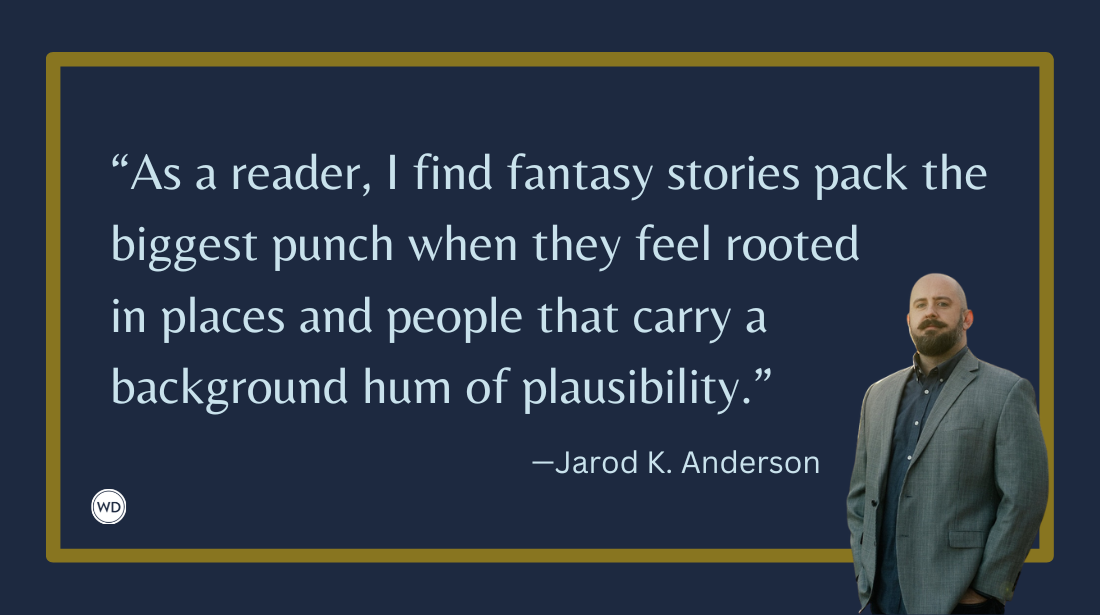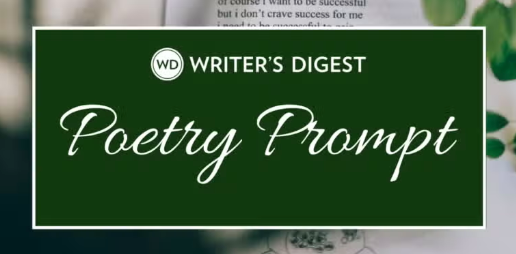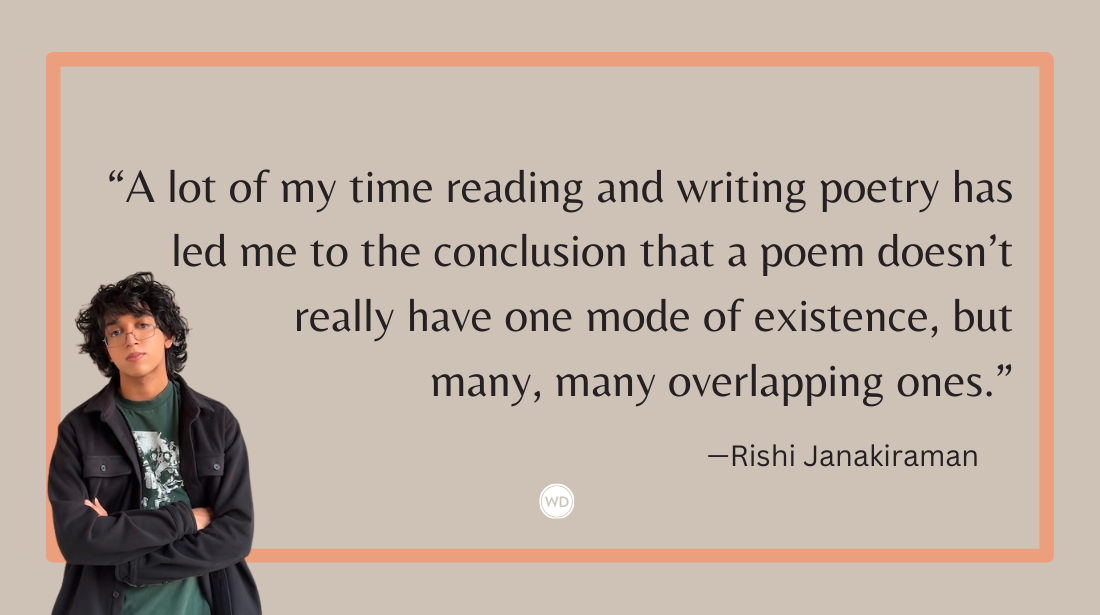Anagrammatic Poetry: Poetic Forms
Learn how to write anagrammatic poetry, a form discussed by poet Christian Bok in The Best American Poetry 2007 in relation to his poem “Vowels.” Find guidelines and an example for this poetic form here.
Still reading The Best American Poetry 2007, and it's been slowing up some, because all these different styles of poems always get me trying new things out. For instance, Christian Bok's poem "Vowels," in particular, got my experimental brain think-think-thinking.
In his comments about the poem in BAP 2007, Bok writes, "'Vowels' is an anagrammatic text, permuting the fixed array of letters found only in the title. 'Vowels' appears in my book Eunoia, a lipogrammatic suite of stories, in which each vowel appears by itself in its own chapter."
Since reading this, I've been very interested in trying to write my own poem using only the letters within the title word.
Here's my attempt at Anagrammatic Poetry:
"Spread"
Red dresses drape spare dressers,
pass dreaded pear parades...
Spears reads radar passes,
spares dapper dad seeds...
Dear are dead are dads
are ads pressed deep sea dares...
Dear papa pared raps,
spread seeds, snapped red era apps...
*****
Play with poetic forms!
Poetic forms are fun poetic games, and this digital guide collects more than 100 poetic forms, including more established poetic forms (like sestinas and sonnets) and newer invented forms (like golden shovels and fibs).
*****
The real challenge with this kind of poem was first picking a word that had at least a couple vowels and a good mix of consonants. Then, I brainstormed all the words I could think of using only those letters (as many times as you wish, of course). Creating that word list really gave me a new appreciation of the importance and diversity one extra letter can bring to the table.
After creating a word list, it's just a matter of playing around with different word combinations. I wouldn't be surprised if there's a better "Spread" poem lurking out there since I crammed all these steps in during my lunch break, but it does help illustrate the possibilities and limitations of writing this kind of poetry.






